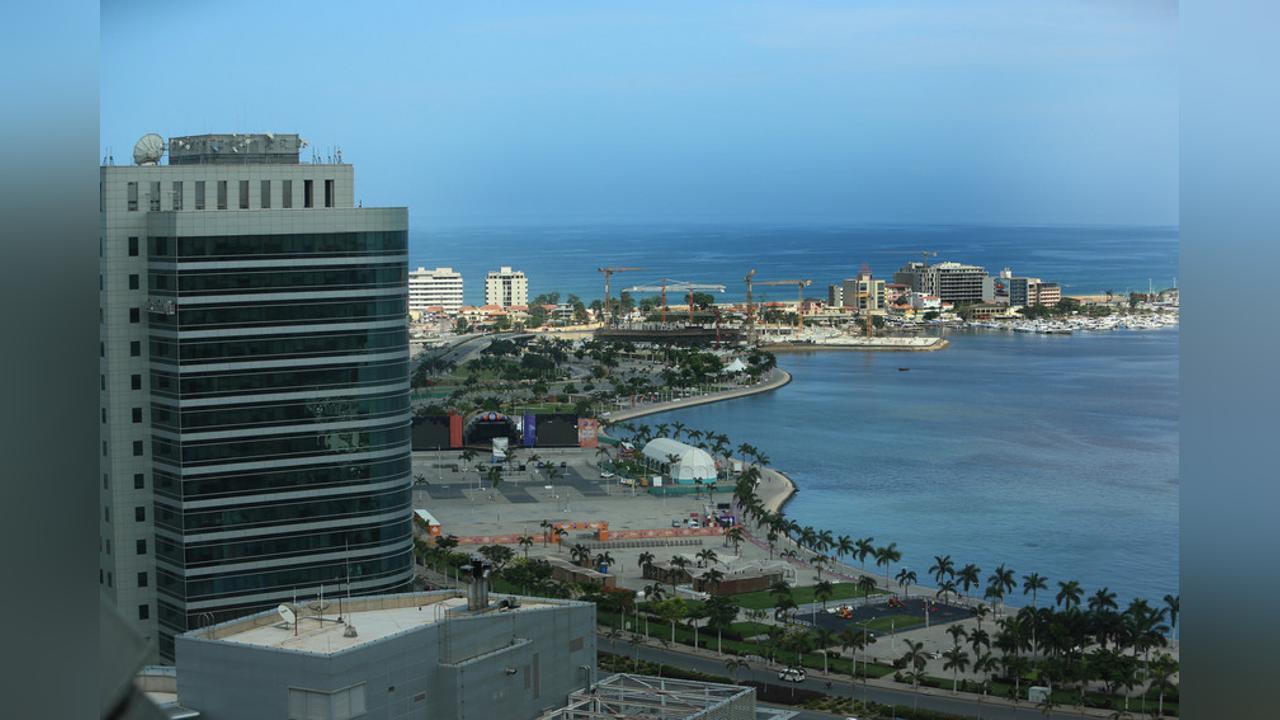Africa-Press – Angola. The International Monetary Fund (IMF) predicts growth in the Angolan economy above 3% in 2024, accelerating the diversification of the economy, said, this Wednesday, in Luanda, the resident representative of the IMF in Angola, Victor Lledo.
Speaking to the press after the presentation and public exhibition session of the International Monetary Fund (IMF) Report on the Regional Economic Outlook for Sub-Saharan Africa: “A Light on the Horizon?”, he highlighted that the IMF expects a recovery above 2023 levels.
Victor Lledo considers that 2023 was also a difficult year due to exchange rate and inflationary pressures, which are expected to decrease in 2024, with the resumption of fiscal consolidation.
In his opinion, the 2024 General State Budget clearly points in this direction, putting the accounts on a path, to a debt close to the anchor of 60% of the Gross Domestic Product.
According to the person responsible, it will be very important to create the necessary fiscal space to boost investment in social areas.
“There are important recommendations, such as continuing to reduce tax subsidies on fuels, which currently represent around 3.5% to 4% of GDP and which take up a lot of space, the values of which could be used in education, health and social assistance” , he said.
According to the official, the second area to create this fiscal space is the continuation of efforts aimed at increasing the mobilization of non-oil tax revenues.
“This depends very heavily on the increase in VAT and property tax collection”, he asserted.
He also highlighted as a recommendation the creation of fiscal space, through better debt management, in order to extend maturity periods and obtain financing at lower costs.
Inflation in double digits
The head of the IMF’s Regional Studies Division, Luc Eyraud, says that the level of sub-Saharan African countries is decreasing, but not in all.
He reinforced that, in relation to central bank targets, inflation remains high, with two thirds of countries (with an explicit inflation target) recording inflation above the target, double-digit inflation.
Luc Eyraud considers it likely that the monetary policy stance will be more challenging for countries with inflation still high or on an upward trend.
Greater monetary restrictiveness is therefore justified with falling inflation, and a more neutral policy stance should be gradually adopted.
The expert says that in sub-Saharan African countries, pressure on exchange rates continues with world interest rates “higher, for longer”, at a time when in the United States they are reinforcing the weight of the dollar, increasing debt service burdens, denominated in foreign currency, increase.
Luc Eyraud reinforces that, with reserve margins below comfortable levels, regimes without exchange rate parity must allow exchange rates to be adjusted, especially when reserves are at low levels.
He stressed that countries with exchange rate parity require a set of policies to sustain the parity, without putting pressure on reserves, coordinate with other policies to alleviate the costs of adjustments and avoid administrative measures, with distorting effects.
The IMF points out that most countries need budgetary consolidation to preserve sustainability, preferably based on revenue mobilization, with priority being given to essential expenditure on education and health.
The report presented points out that economic convergence constitutes a challenge, between countries rich in natural resources and countries poor in natural resources.
It is also indicated that doubling living standards could take 20-30 years in the most diversified economies, “but it is likely to take generations in countries rich in natural resources”.
The IMF recommends investing more in education, increasing private sector participation, fostering trade integration and improving natural resource management, as well as accelerating economic diversification.
For More News And Analysis About Angola Follow Africa-Press






